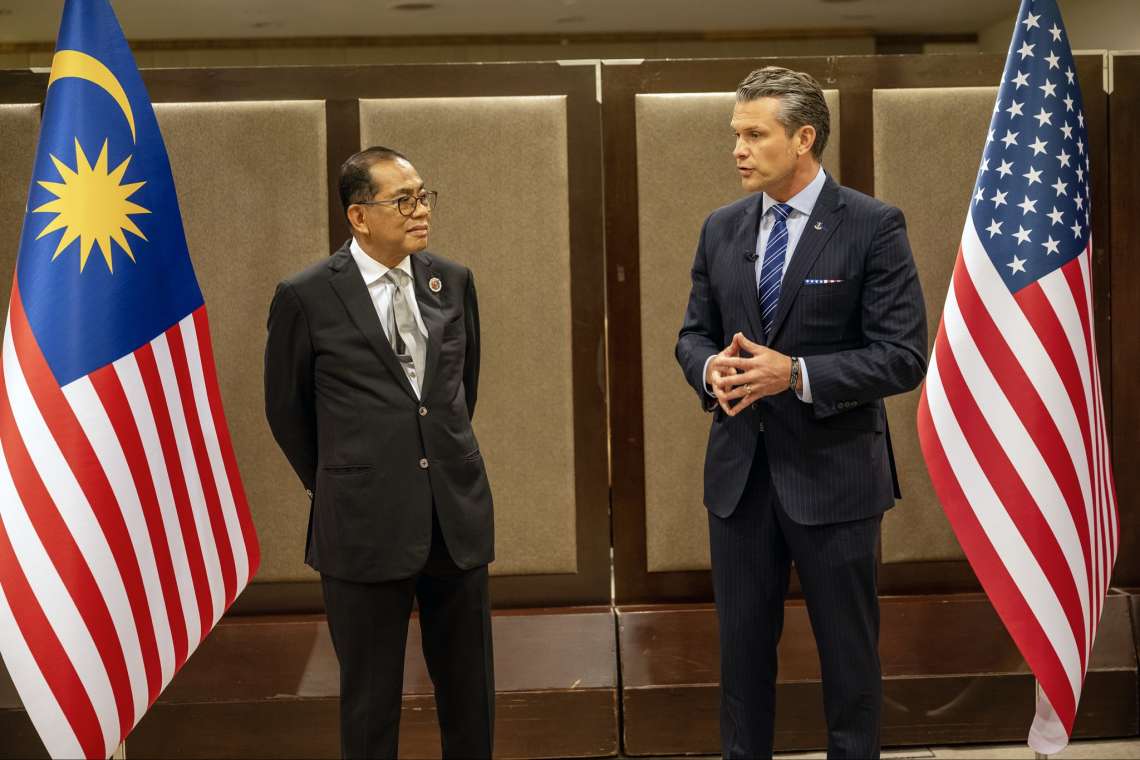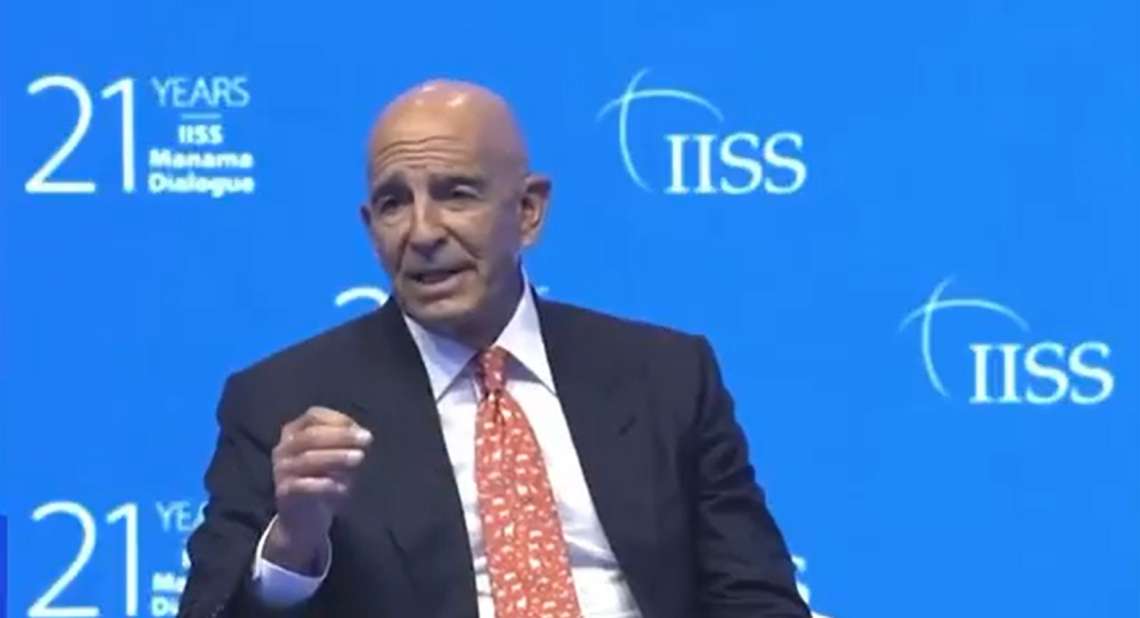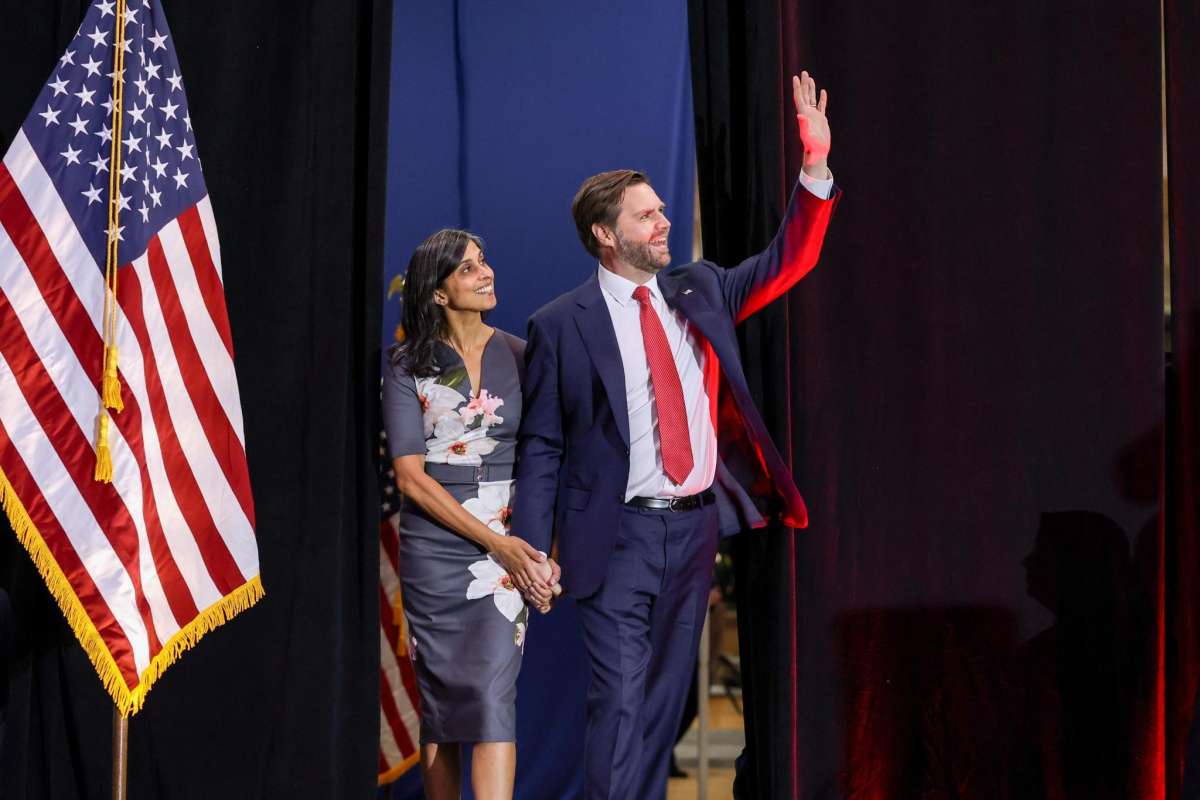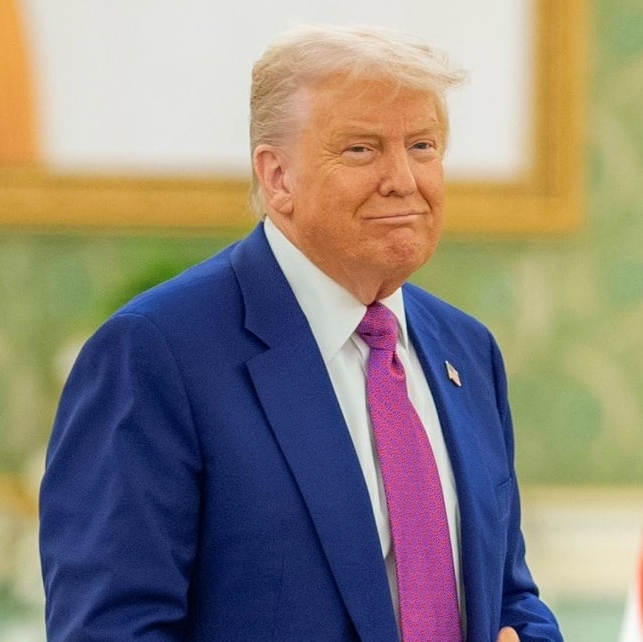Brazil to Challenge New US Tariffs at WTO, Keeps Negotiation Option Open…reports Asian Lite News
Brazil is set to formally challenge the newly announced US tariffs at the World Trade Organization (WTO), even as it remains open to potential negotiations, government officials confirmed.
The response follows US President Donald Trump’s decision to impose a 50% tariff on several key Brazilian exports, including coffee, beef, and petrochemicals. The tariffs are scheduled to take effect on Wednesday, raising trade tensions between the two countries.
The measure affects roughly 35 per cent of Brazil’s exports to the United States, though key products such as energy products and certain minerals were excluded.
Brazil’s Chamber of Foreign Trade approved a proposal on Monday to begin a formal consultation with the WTO, the first step in a dispute settlement process.
The chamber’s council of ministers forwarded the decision to President Luiz Inacio Lula da Silva, who will determine “how and when” to present the complaint to the trade body.
Vice President Geraldo Alckmin said that Brazil is working to reduce the new tariff’s impact and has already met with agribusiness representatives to coordinate strategies. The government will also continue talks with affected sectors, reports Xinhua news agency.
Finance Minister Fernando Haddad said Brazil remains open to dialogue but will not accept an unequal partnership.
“We won’t engage with the US as a colony or satellite — we’re a sovereign nation,” Haddad told BandNews in an interview.
He called the tariff hike “excessive” and “unreasonable,” but said there is room to build a positive bilateral agenda, particularly in areas like critical minerals, technology and data infrastructure.
“Brazil holds valuable reserves of rare earths and critical minerals — resources the US lacks,” he said. “We’re willing to cooperate on efficient battery production and other strategic technologies.”
To offset the tariff’s economic impact, Haddad said the government will soon unveil a relief package for domestic businesses, including credit support. He acknowledged the potential fiscal impact but said it would be managed with existing budget rules.














